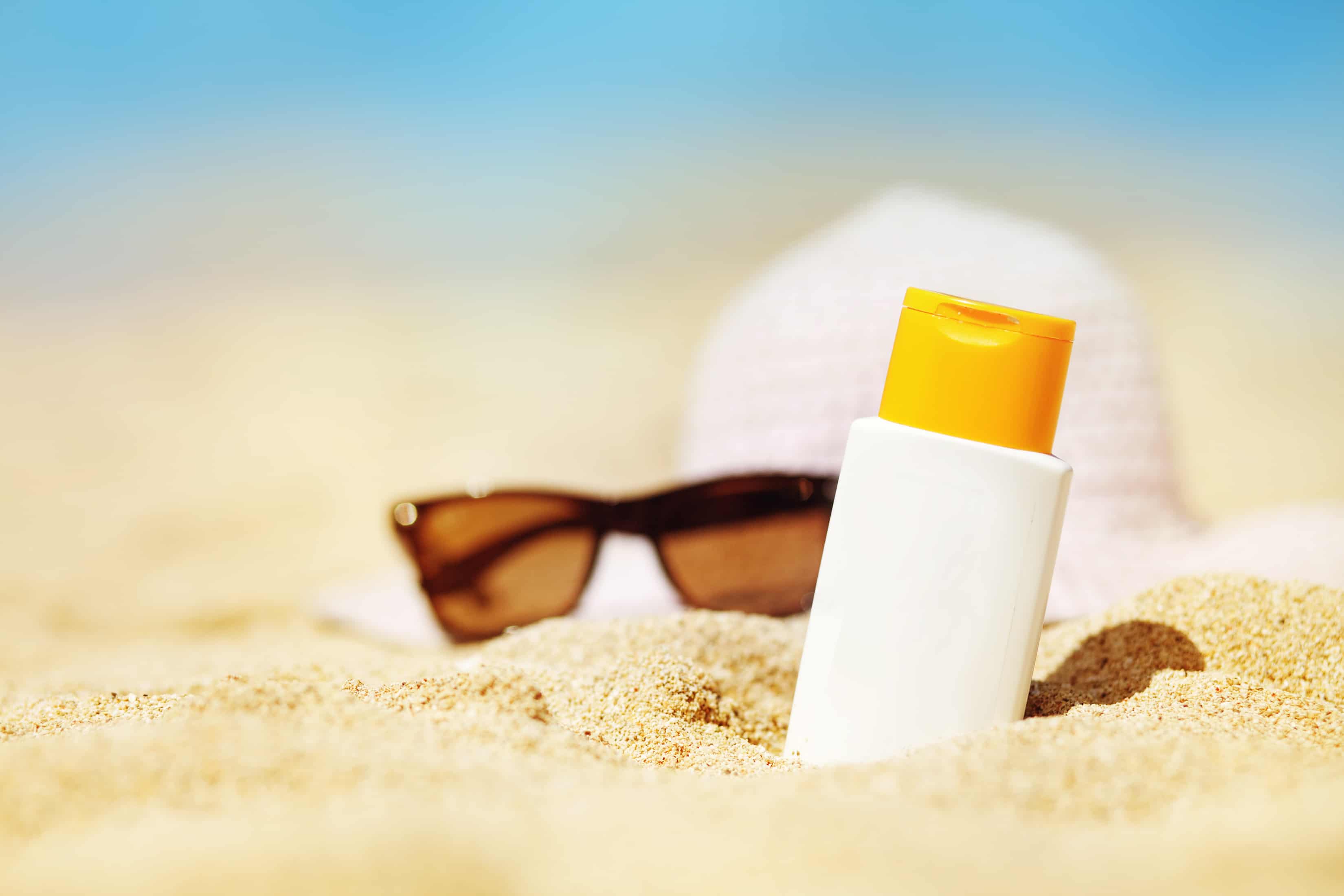Of course, it is vital to protect our skin from the damaging effects of the sun. But what is it that we should know about our sunscreens? Well, it’s estimated that the number of people being diagnosed with skin cancer in the UK alone has increased fivefold in just 40 years. That’s a frightening statistic and should get us all reaching for sunscreen. But did you know that most sunscreens are actually bad for your skin – and your overall health?!

Why some people worry that sunscreen might be bad for you
That’s because those sunscreens we turn to protect our skin from sun damage contain a whole array of harmful ingredients!
In fact, the Environmental Working Group estimates that as many as 80% of sunscreens contain harmful chemicals and additives. These ingredients have the potential to penetrate our skin, get into our bloodstream, and negatively affect our short-term and long-term health.
Your average sunscreen is likely to contain:
Chemical filters– these can actually break down in sunlight and that means less sun protection. They can also cause allergic reactions like eczema and disrupt hormonal balance. A common chemical is an oxybenzone, which helps other chemicals penetrate the skin. The Center for Disease Control and Prevention estimates that 97% of Americans have an accumulation of this chemical in their bodies.
Preservatives– these can be toxic to humans. Paraben preservatives, for example, can contain cancer-causing properties and might to be blamed for higher incidences of breast cancer.
Artificial colorants or perfumes– these are well known for triggering allergic reactions in some people, yet they are still included in many sunscreens.
Titanium dioxide– this acts well as a sunscreen, but it is also a toxin that increases free radicals when exposed to sunlight and water. And according to the Canadian Center for Occupational Health and Safety, titanium dioxide may be carcinogenic.
Mineral oils– these increase the absorption of toxins, which can cause hormonal imbalance and damage the immune system.
PEG (polyethylene glycol) emulsifiers are made from petrochemical gases and aid the penetration of the sunscreen into the skin. This means more toxins in your bloodstream. They can also irritate the skin.
Animal derivatives– these can also be included in your sunscreen’s ingredients list. And don’t expect most sunscreens to be cruelty-free either; many on the market are still tested on animals.
How to Protect Your Skin from the Sun

Your best option, for the sake of your skin and your health, is to cover up as much as possible in the sun (hat, long sleeves, trousers) and avoid the sun when it’s at its strongest (usually between 11 am and 3 pm).
You can also use chemical-free sunscreens. More and more are coming onto the market, containing only natural ingredients. These offer not only effective sun protection but are also safer for your skin, health and the environment.

